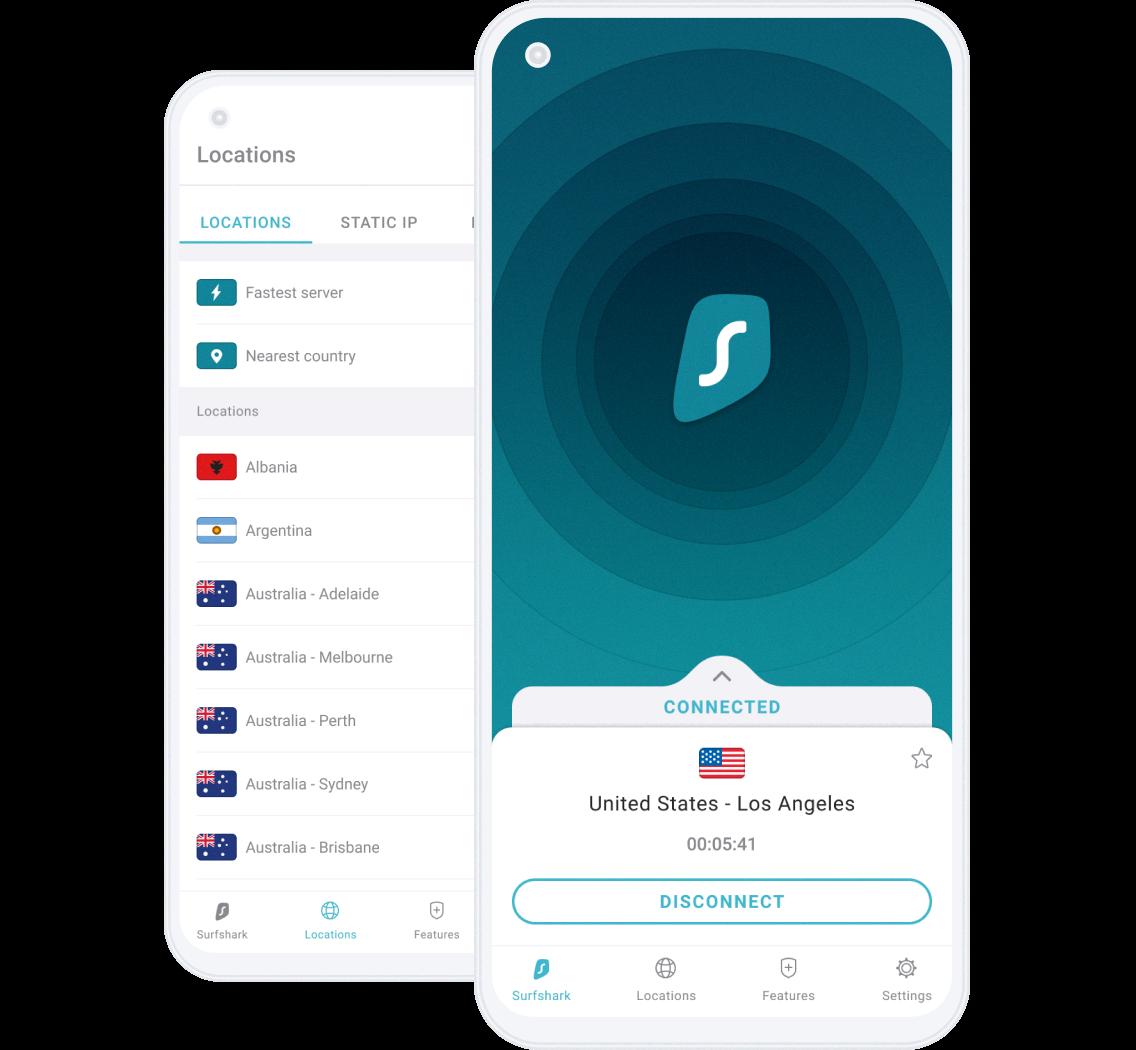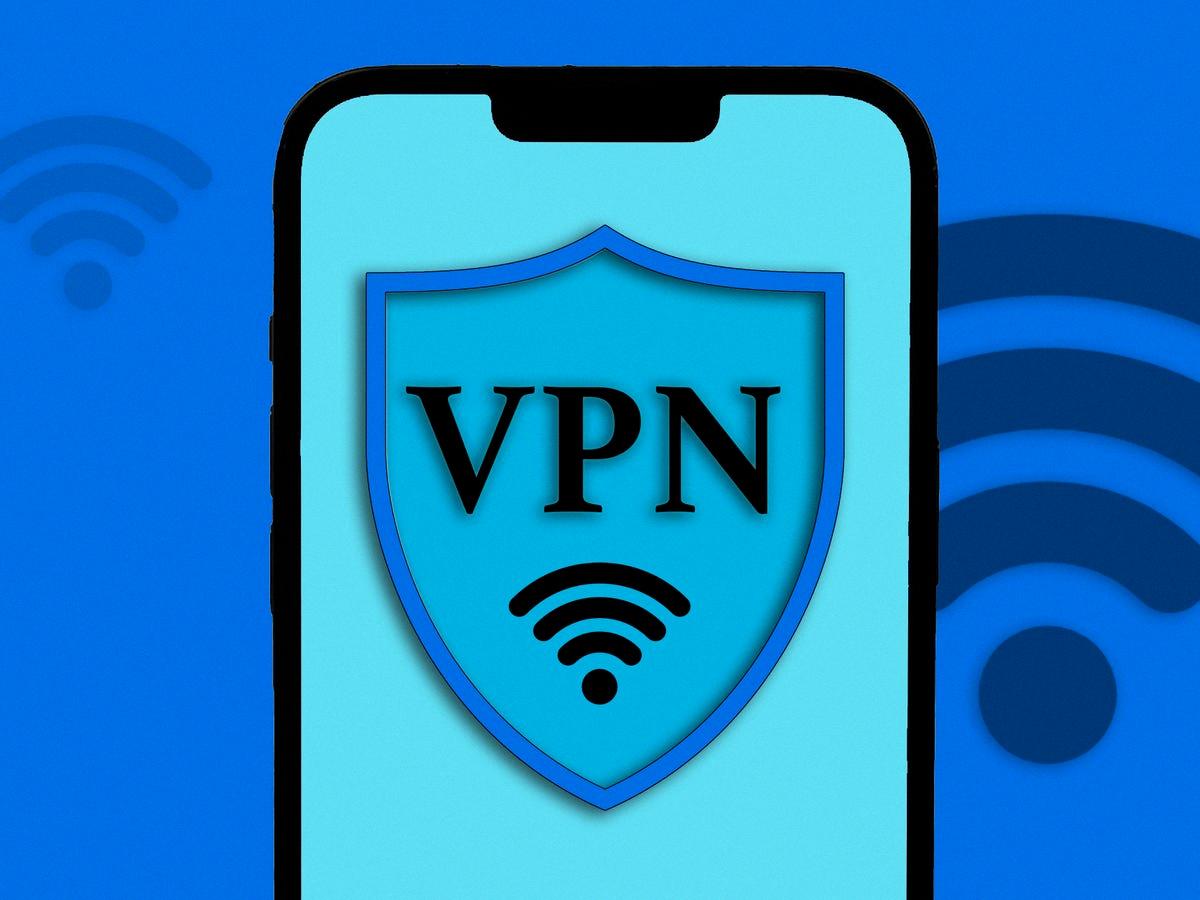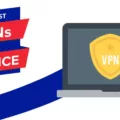If you’re a small business owner, you know how important it is to keep your data secure and protected. That’s why more and more businesses are turning to virtual private networks (VPNs) to ensure their information is safe from prying eyes. A VPN is an encrypted connection between two networks or devices that allows for secure communication. It can be used to access internal networks or the public Internet, providing an added layer of security for your business and its data.
For small businesses, using a VPN can provide several benefits, including:
1. Increased Security: By encrypting all of your data, a VPN ensures that only authorized individuals can access it. This means that even if someone were able to intercept the connection between your business and the Internet, they wouldn’t be able to read any of the data being transmitted.
2. Improved Network Performance: A VPN can improve your business’s network performance by reducing latency and streamlining network traffic. This makes it easier for employees to access files and applications remotely, which can lead to greater productivity in your workplace.
3. Cost Savings: The cost of setting up a VPN isn’t always cheap, but it’s often much less expensive than having an on-site IT staff member manage your network security. Additionally, many VPN services offer monthly plans which can give smaller businesses an affordable way to get started with a VPN without breaking the bank.
When choosing a VPN for your small business, there are several things you should consider:
1. Server Locations: Look for a service that offers servers located in different countries so you have access to content from around the world without having to worry about regional restrictions or slow speeds due to distance from the server location.
2. Number of Connections: Most services allow multiple devices or users from one account so make sure you choose one that supports enough connections for all of your employees who may need access at any given time.
3. Protocols Supported: Different protocols provide different levels of security and performance so make sure you understand which protocols are supported by the provider before making a purchase decision. Popular protocols include OpenVPN and PPTP/L2TP/IPsec as they offer strong encryption while still providing good speed performance compared with other protocols such as SSTP or IKEv2/IPSec.
4. Reliability & Support: Find out what kind of customer support is available should you encounter any issues with the service, as well as how reliable the service has been over time – look out for reviews from other customers who have used it before making your decision!
Overall, using a Virtual Private Network (VPN) can be an invaluable asset for any small business looking to protect their data and ensure their employees have secure remote access when needed – just make sure you do some research before deciding on which provider is best for you!

Should Small Businesses Use VPNs?
Yes, a small business should absolutely use a VPN. A Virtual Private Network (VPN) provides an encrypted connection between two or more computers, ensuring that all data shared over the network is secure from unauthorized access. A VPN can be used to protect sensitive information and enable remote access to important resources. It also provides additional security by masking your IP address and hiding your online activity.
A VPN is especially beneficial for small businesses because it provides protection against cyber threats, such as malware, ransomware, and phishing attacks. With a VPN in place, your data is kept safe from prying eyes and malicious actors. Additionally, since a VPN encrypts all of your traffic, it prevents anyone from snooping on your online activities or intercepting sensitive information like passwords and banking details.
Finally, a VPN can also be used to access blocked websites and services in other countries or regions where access is restricted. This can be especially useful for businesses that need to collaborate with clients or partners abroad.
a reliable VPN can provide much-needed protection for small businesses in terms of security and privacy as well as provide increased accessibility to resources that may otherwise be hard to reach.
Cost of VPN for Small Businesses
The cost of a business VPN for a small business depends on several factors, such as the number of users, the features needed, and the duration of the subscription. Typically, a basic package with two to five users will range from $20 to $50 per month. This includes an access point and basic VPN features such as data encryption and securing browsing. More advanced packages may include additional features such as support for multiple devices, remote access management tools, and extra security measures. For larger businesses with more users or more complex needs, prices can range from $100 to several hundred dollars per month. Ultimately, each business should weigh its individual needs carefully when selecting a VPN provider so it can select a package that fits its budget while also providing adequate protection and performance.
How VPN Works to Benefit Small Businesses
A Virtual Private Network (VPN) is a cost-effective and secure way for small businesses to connect remote users or multiple office locations. VPNs use encryption technology to create a secure, encrypted connection over the internet. This connection allows users to securely access the internal network of their business from anywhere in the world. By using a VPN, a small business can provide its employees with access to applications, data, and other resources without sacrificing security or privacy. Furthermore, VPNs can help reduce costs associated with expensive leased lines or dedicated network connections. In addition, they can provide an added layer of protection against cyber threats by masking the user’s IP address and encrypting all data sent over the connection. With a reliable VPN provider, small businesses can ensure that their data remains safe and secure while providing users with convenient access to the resources they need.
The Best VPN for Home Business Use
The best VPN for home business use is NordVPN. NordVPN offers a wide range of features, making it ideal for businesses that require additional security. It has 5,500+ servers in 59 countries, allowing you to access a wide range of content from anywhere in the world. It also offers military-grade encryption, advanced protocols like OpenVPN, and a strict no-logs policy to ensure your data remains secure and private. Additionally, NordVPN’s CyberSec feature helps protect against malicious websites and malware, giving you an extra layer of security for your business activities.

Source: surfshark.com
The Benefits of Investing in a Paid VPN
Yes, a paid VPN is worth it if you value your online privacy. A premium VPN offers more features than a free one, such as stronger encryption protocols and a wider network of servers that can help you access more websites and services. Furthermore, paid VPNs provide better customer service and technical support than their free counterparts. Most importantly, many paid VPNs have a no-logging policy, meaning they won’t store any of your personal information or browsing history. This ensures that no one can trace your activities back to you. Therefore, if you want to browse the web securely and protect your digital identity from hackers and other malicious actors, a paid VPN is an excellent investment.
Differences Between Business and Personal VPNs
Business and personal VPNs have different features and capabilities. Personal VPNs allow only one user to securely access the internet, while Business VPNs enable multiple users to access the internet from different locations. Business VPNs are useful for businesses that need to provide secure access to sensitive data, protect their corporate networks, and collaborate with other remote employees.
Business VPNs typically offer more advanced security protocols than personal VPNs, such as two-factor authentication and encryption. They also provide extra features such as virtual private networks (VPN) for an entire organization, allowing all remote users to securely connect to the same network. Additionally, these services may include additional tools such as firewalls, site-to-site connectivity solutions, bandwidth monitoring software, and content filtering tools.
Overall, business VPNs are more secure solutions than personal VPNs because they offer enhanced security protocols as well as additional features designed specifically for businesses. With a Business VPN service in place, organizations can ensure that their data is safe from malicious actors and any other potential threats.

Source: cnet.com
Setting Up a VPN for a Small Office
Setting up a VPN for a small office is an important step to ensure the security of your data and the privacy of your communications. Here are the steps you need to take to get started:
1. Determine your VPN needs: First, determine what type of VPN you need by evaluating your business requirements. Do you need remote access, site-to-site connections, or both?
2. Choose a router: Next, select an appropriate router for your needs. Ensure the router is compatible with a VPN protocol that meets your requirements, such as OpenVPN or IPSec.
3. Set up the router: Follow the instructions provided with the router to set it up properly and configure it for use with a VPN. Configure firewall settings and other security measures as necessary.
4. Add users: Create user accounts on the router and configure access permissions based on individual needs.
5. Connect devices: Finally, connect all of your devices (such as PCs, laptops, and smartphones) to the VPN through their respective software clients or apps in order to securely access the network remotely and keep all communications secure from outside threats.
Conclusion
In conclusion, a VPN is an invaluable tool for small businesses. It offers robust security, enhanced privacy and protection of sensitive data, and the ability to access internal systems remotely. With the rigt VPN solution, small businesses can benefit from increased flexibility, improved collaboration, and cost savings. TorGuard is a great option for businesses looking for a reliable and secure VPN service with lots of server locations. Plus, it supports multiple devices and protocols making it easy to find the best solution for your needs. Investing in a business VPN will ensure that your business data remains secure and private at all times.








